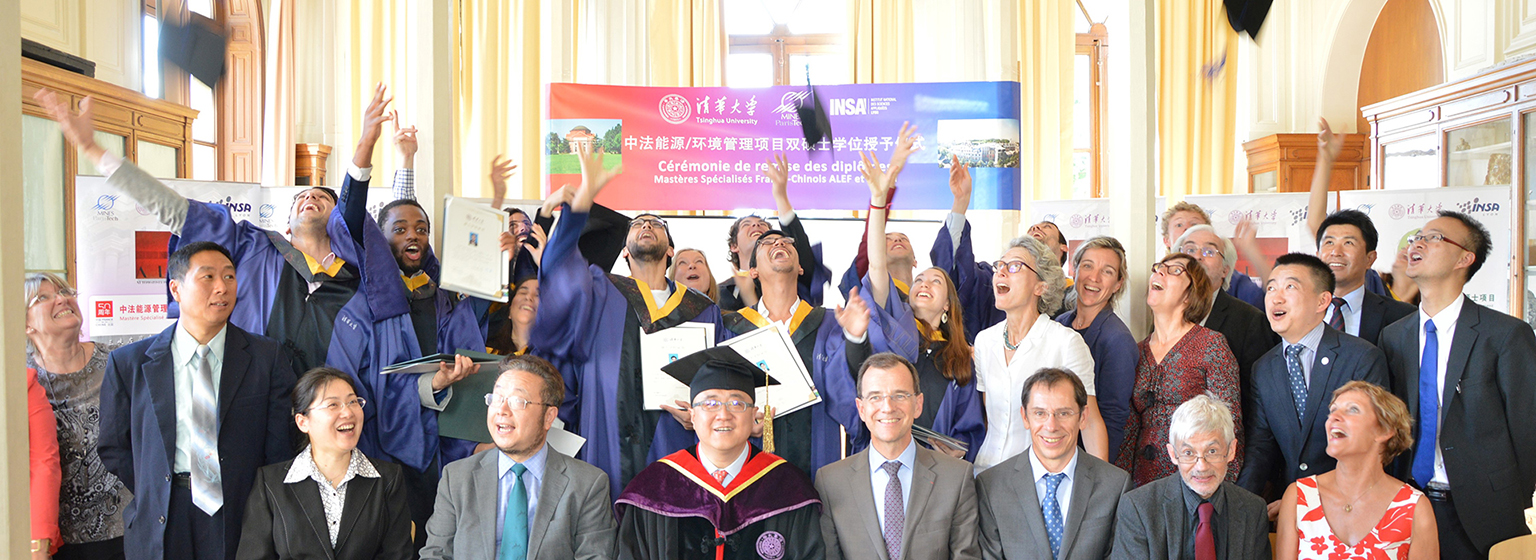課程編號:70050323
課程名稱:高等環(huán)境化學(xué)Advanced Environmental Chemistry
課程學(xué)時:48
課程學(xué)分:3
授課語言:英文
課程簡介:“高等環(huán)境化學(xué)”課程主要包括四部分:(1)環(huán)境污染化學(xué),著重講解主要的環(huán)境問題及化學(xué)機(jī)理,以及污染物在水、大氣、土、生物等多介質(zhì)中的遷移、轉(zhuǎn)化和歸趨;(2)環(huán)境分析化學(xué),著重講解具有重要環(huán)境意義的優(yōu)先污染物的監(jiān)測分析方法;(3)環(huán)境毒理化學(xué),著重講解有毒污染物的劑量-反應(yīng)關(guān)系、動力學(xué)、三致效應(yīng)機(jī)理等;(4)污染控制化學(xué),著重講解主要的污染治理用化學(xué)手段的技術(shù)原理。本課程主要預(yù)期目標(biāo)為:(1)建立多介質(zhì)環(huán)境的概念、學(xué)會運(yùn)用化學(xué)理論與方法來研究污染物的遷移、轉(zhuǎn)化和歸趨;(2)從機(jī)理層面認(rèn)識和理解環(huán)境問題,特別是當(dāng)前一些熱點(diǎn)問題通過案例分析了解其問題實質(zhì)及研究進(jìn)展;(3)掌握環(huán)境問題的研究思路,探索環(huán)境化學(xué)在解決環(huán)境問題時的策略、方法和技術(shù)。
Advanced Environmental Chemistry (AEC) provides a comprehensive view of major environmental issues in various spheres of the Earth System. Chemistry of the natural water/air/soil, main pollutants, as well as the chemical mechanisms of typical treatment and remediation technologies will be illustrated in this course. Analytical techniques for main categories of environmental pollutants are also discussed.
The main components of AEC course include:
- Chemistry of natural environmental spheres
- Legacy and emerging contaminants
- Chemical mechanisms of advanced treatment processes
- Regrettable substitution and green chemistry
- Analytical chemistry of typical contaminants
The students are expected to extend their understanding about the transport, transformation and fate of various contaminants including those so-called 'emerging contaminants'. Besides, they will form groups to conduct case studies focusing on recent contamination events or other hot topics of environmental issues. The cause or chemical mechanisms will be identified and further investigated, and technical countermeasures will be proposed based on the chemical principles learned from the course.





